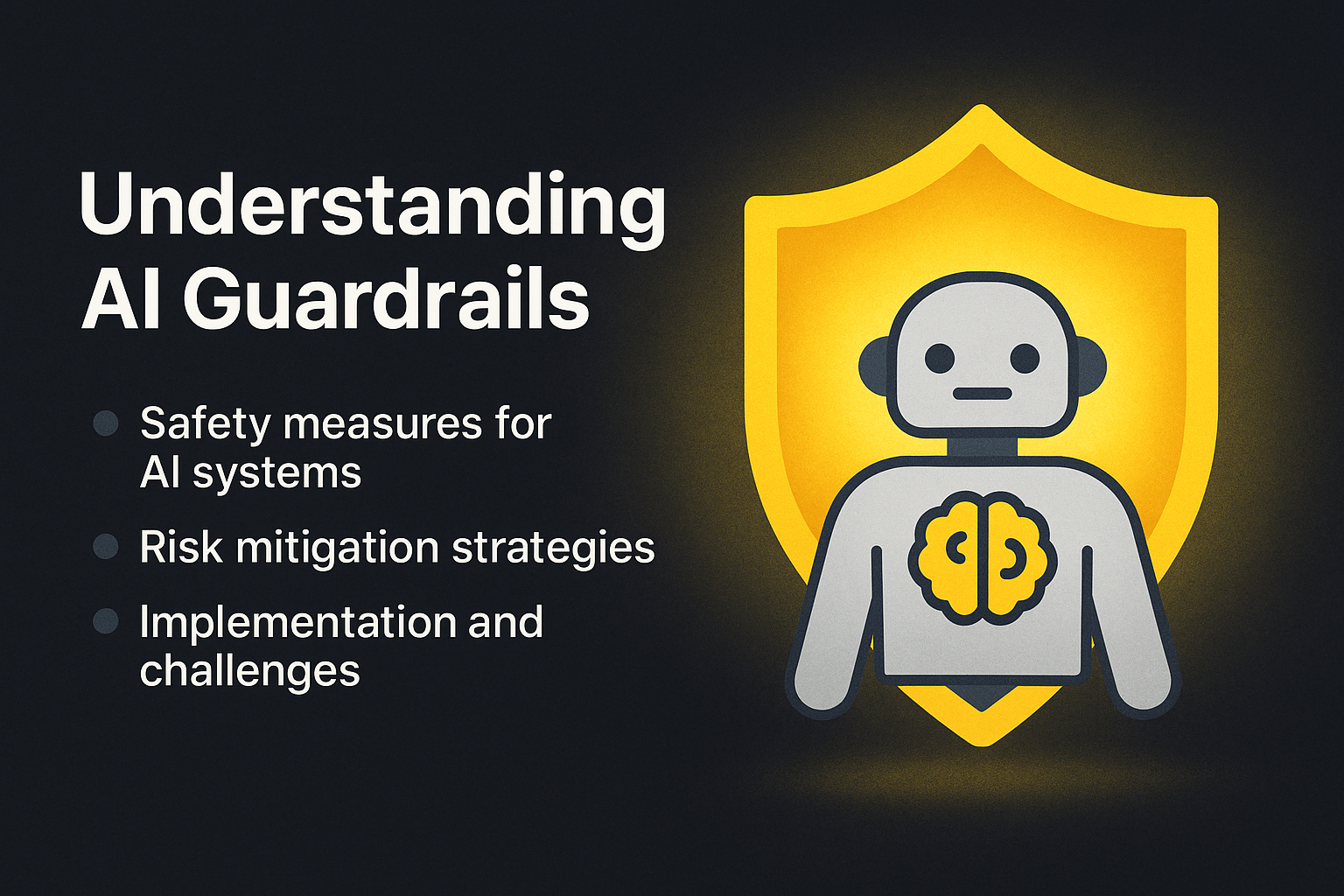Schedule a Demo
In the realm of Information Technology, attracting top digital marketing talent requires more than just a compelling job description. It involves a strategic approach to keyword optimization that resonates with the aspirations and skills of digital marketers. Let's dive into the keywords that can help IT companies stand out in the competitive landscape of talent acquisition.
Digital marketers are driven by creativity, data, and results. They seek roles that not only offer competitive salaries but also provide opportunities for growth and innovation. In my experience working with various IT firms, I've noticed that digital marketers are particularly drawn to positions that emphasize a blend of technical proficiency and creative freedom. Keywords like "data-driven marketing," "SEO specialist," and "content strategy" are not just buzzwords; they reflect the core competencies that digital marketers wish to leverage and develop.
When crafting job descriptions, it's essential to incorporate keywords that align with the skills and interests of digital marketers. Here are some critical keywords to consider:
Job titles play a crucial role in attracting the right talent. A generic title like "Marketing Manager" might not capture the attention of a digital marketer looking for specialized roles. Instead, consider titles like "Digital Marketing Specialist," "SEO Analyst," or "Content Marketing Manager." These titles are more likely to resonate with professionals who have specific skills and interests in digital marketing.
IT companies often operate in niche sectors, such as healthcare, finance, or e-commerce. Incorporating industry-specific keywords can attract digital marketers with relevant experience. For instance, "Healthcare Digital Marketing" or "Fintech SEO Specialist" can appeal to candidates who have worked in those fields and understand the unique challenges and opportunities they present.
Digital marketers often straddle the line between technical and creative roles. To attract a well-rounded candidate, it's important to balance keywords that highlight both aspects. For example, mentioning "HTML/CSS skills" alongside "creative storytelling" can appeal to marketers who are comfortable with the technical side of digital marketing as well as the creative aspects.
One of the key factors that attract digital marketers to a new role is the potential for career growth. Keywords like "professional development," "training programs," and "career advancement" can signal to candidates that the company invests in its employees' growth. In my interactions with digital marketers, I've found that they are particularly interested in companies that offer certifications or workshops in areas like Google Ads, HubSpot, or other marketing platforms.
Company culture can be a deciding factor for digital marketers. Keywords like "remote work," "flexible hours," and "collaborative environment" can attract candidates who value work-life balance and a supportive team atmosphere. Based on available research, digital marketers often prioritize companies that foster a culture of innovation and creativity, so highlighting these aspects in job descriptions can be beneficial.
While technical skills are crucial, soft skills play a significant role in the success of digital marketers. Keywords like "communication," "teamwork," and "leadership" can attract candidates who are not only technically proficient but also excel in interpersonal dynamics. In my work with operations managers, I've seen how digital marketers who possess strong soft skills often drive better results and contribute positively to team morale.
When posting job listings on platforms like LinkedIn, Indeed, or Glassdoor, it's important to optimize for the platform's search algorithms. Including relevant keywords in the job title, description, and tags can increase visibility and attract more qualified candidates. For example, using "Digital Marketing" in the job title and "SEO," "PPC," and "Content Marketing" in the description can help your listing appear in more relevant searches.
Keyword optimization is not a set-it-and-forget-it strategy. It requires ongoing monitoring and adjustment based on the performance of your job listings. Analyzing which keywords are driving the most qualified applicants can help refine your approach. Tools like Google Trends or LinkedIn's job insights can provide valuable data on which keywords are currently trending in the digital marketing space.
While keywords are essential, authenticity should never be compromised. Overloading job descriptions with keywords can come across as insincere and may deter potential candidates. It's important to use keywords naturally and ensure that the job description accurately reflects the role and company culture. Based on available research, individual results may vary, but a genuine approach to job postings can lead to better candidate matches and higher job satisfaction.
Beyond job listings, engaging with professional communities can help attract digital marketing talent. Participating in forums like Reddit's r/digitalmarketing, attending industry conferences, or contributing to LinkedIn groups can increase your company's visibility among potential candidates. Using keywords in these interactions can help establish your company as a thought leader in the digital marketing space.
Attracting digital marketing talent in the IT sector requires a nuanced approach to keyword optimization. By understanding the digital marketer's mindset, incorporating key keywords in job descriptions and titles, and maintaining authenticity, IT companies can stand out in the talent pool. Remember, the goal is not just to attract candidates but to attract the right candidates who will thrive in your company's environment and contribute to its success.
